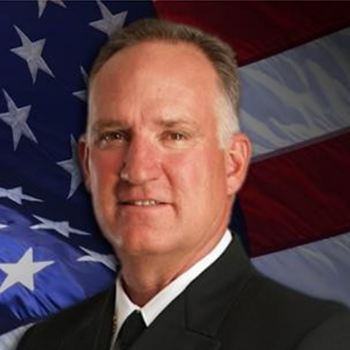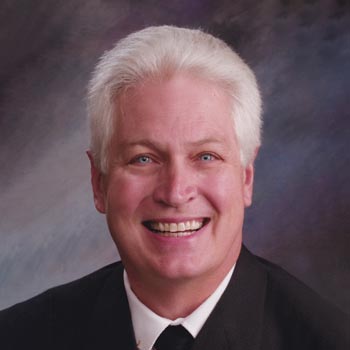Graduating next-gen first responders
The Denver Fire Department Academy's latest class provides a glimpse of what it takes to land a job in the life-saving field.

Jairo Tiscareno has always been in awe of firefighters. He views them as heroes and role models.
Now, the 22-year-old Metropolitan State University of Denver alum serves among their ranks.
Tiscareno graduated from the Denver Fire Department Academy and took his oath of office May 23 in a ceremony held at the Tivoli Student Union on the Auraria Campus.
“(Becoming a firefighter) is like a dream come true,” said Tiscareno, who is a first-generation high school and college graduate. “I can’t believe it.”

As Tiscareno stood with his 26 fellow graduates in Tivoli’s Turnhalle, one thing set him apart: his age.
Most of his teammates are in their 30s and late 20s, Tiscareno said. He achieved his goal at a young age because of his degree, dedication and experience.
While he studied for his Bachelor of Science degree in MSU Denver’s Fire and Emergency Response Administration (FERA) program, Tiscareno also served as a volunteer firefighter for the Fairmount Fire Protection District, which serves unincorporated Jefferson County and areas of Wheat Ridge. He also served as a Denver Department of Public Safety Cadet, a program that offers academic, training, fitness and leadership development.
“It’s incredibly competitive to get hired by the Denver Fire Department,” said Brian Bagwell, Psy.D., an associate professor in MSU Denver’s Department of Human Services and FERA program coordinator.
Graduating next-generation first responders
The FERA program at MSU Denver is focused on preparing the next generation of firefighters and emergency responders to serve their communities, Bagwell said. The degree requirements follow the National Fire Academy’s Fire and Emergency Services Higher Education model curriculum, and graduates leave the program with 14 Federal Emergency Management Agency certificates.
Before arriving at MSU Denver, Bagwell spent 20 years with the Aurora Fire Rescue Department and five years in New York City, providing psychological services to the city’s police department following the September 11, 2001 terror attacks. He helped grow the FERA program from 12 students in its first year in 2012 to more than 80 students today.
“After going through the FERA program, you get that x-ray vision into what it takes to operate a fire service department,” explained Kevin Hammons, a FERA lecturer and former fire investigator. “Many fire departments are looking to recruit from our program.”
While occupational and life safety awareness are critical components of the FERA degree, learning the administrative and management landscape in which first responders operate is challenging – and critical, Tiscareno said.
“When we think of firefighting, we think of hands on type of things like breaking doors and windows,” he said. “When I came to MSU Denver it was a different world – it was a lot more studying and book learning.”
The FERA degree requirements also include service-learning projects with partners such as the American Red Cross. FERA students led by MSU Denver’s Hammons worked with the American Red Cross on May 11 to distribute and install scores of smoke alarms in homes in Denver’s Globeville and Elyria-Swansea communities as part of the national “Sound the Alarm” campaign.

Fire community connections
In less than a decade, MSU Denver’s FERA program has developed a strong relationship with the Denver Fire Department, Bagwell said, and a number of graduates have signed on with the department.
Among them are Tiscareno and Ahmid Nunn, who is a lieutenant with the department.
“I have already begun to utilize the skills and training from the FERA program to implement new administrative strategies in my department,” Nunn said.
While a degree isn’t required for employment with the Denver Fire Department, MSU Denver FERA graduates have an opportunity to have better interviews and a better understanding of entry level testing, said Capt. Greg Pixley, who oversees recruitment and community outreach for the department.
Another advantage FERA grads have in the first-responder job market is the networking opportunities available to them while they earn their degree, Bagwell said. Some of FERA’s students are already fire chiefs, captains, lieutenants and officers who have returned to MSU Denver to earn their degree in order to advance their career.
“(Less-experienced students) can talk to them about hiring tips and about how they can become more hirable,” Bagwell said. “I don’t know of another four-year degree program in the country that is working this closely with the fire community that our students are going out to work in.”







